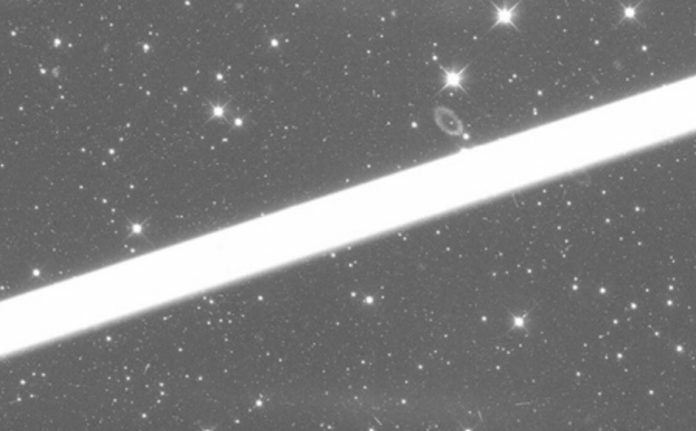For astronomical observations, Elon Musk’s Starlink satellites are a disaster. Scientists say that vehicles interfere with telescopes.
Astrophysicist Ethan Siegel stated that Starlink satellites are interfering with research. From them, all telescopes in the world give images with interference. The total number of objects in orbit by 2030 may exceed 10 thousand, which is a disaster for astronomers, writes Forbes.
Currently, the devices are being deployed under the Starlink and OneWeb programs, but the Kuiper satellites from Amazon will soon join them.
Scientists state that they encountered an increased amount of interference from Starlink satellites back in 2019.
Astrophysicists have developed guidelines to consider when designing satellites. So, for example, the height of the orbit should be no higher than 550-600 kilometers, and the stellar magnitude when observed from the Earth should not exceed +7. This is equivalent to the faintest stars that can be observed with the naked eye. The lower the satellite, the longer it is in the field of view and the slower it moves across the sky.
Experts emphasized that although Starlink in orbit is bright, there are more problems with OneWeb devices. They are in orbit 1.2 thousand kilometers (while SpaceX “hangs” at an altitude of 550 kilometers).
- Brief Anger Hampers Blood Vessel Function Leading to Increased Risk of Heart Disease and Stroke – New Study
- New Blood Test Pinpoints Future Stroke Risk – Study Identifies Inflammatory Molecules as Key Biomarker
- Enceladus: A Potential Haven for Extraterrestrial Life in its Hidden Ocean Depths
- New Experiment: Dark Matter Is Not As ‘DARK’ As All We Think
- Scientists in Fear of This New Predator From Red Sea Eating Native Species in Mediterranean
Even the Hubble Space Telescope, which is in an orbit of 540 kilometers, still “sees” Starlink, does not save the situation.
The day before, it was reported that a new batch of Starlink satellites was launched into orbit . In the future, SpaceX plans to deploy an orbital constellation of 12,000 satellites.
